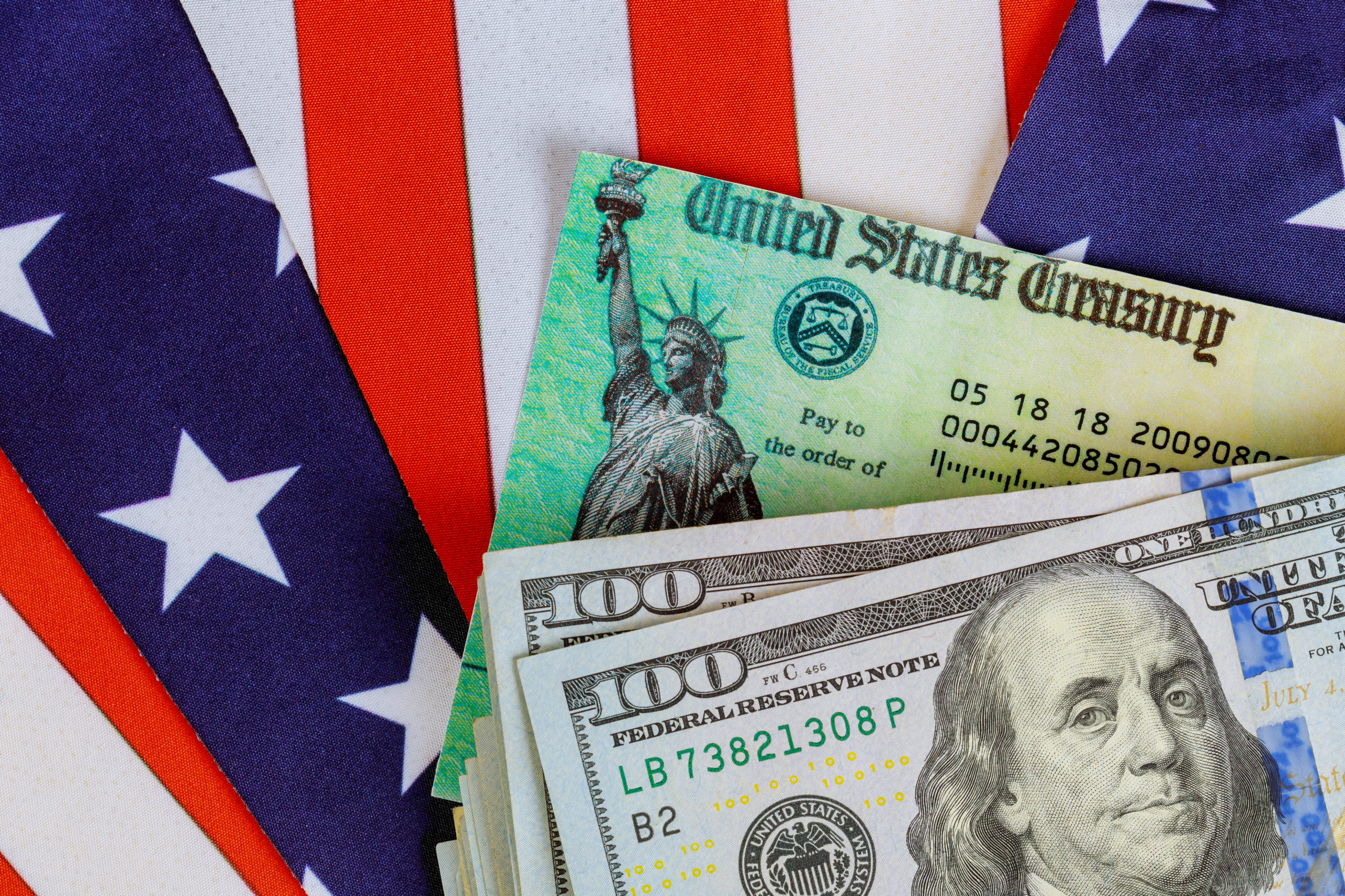Business
Here’s What You Should (And Shouldn’t) Do With Your Stimulus Check

The Coronavirus Aid, Relief, and Economic Security Act (CARES Act) is a $2.2 trillion stimulus bill aimed at helping our economy recover from the coronavirus pandemic that effectively shut down our country. The bill includes one-time checks of $1,200 for many adults below certain income levels.
The checks are expected to start arriving this week (you can check your status here), so here’s what a handful of financial advisors say you should (and shouldn’t) do with your stimulus check.
Of course, every situation is different, and these are just broad suggestions. Those who are currently unemployed will have more immediate needs. This is compared to someone who is still working and bringing in an income.
Do’s:
Add The Money To a Rainy-Day Fund, Or Start One If You Haven’t
“I would immediately place this money in my emergency fund account, which is located in a high yield online savings account,” Jovan Johnson, founder and CEO of Piece of Wealth Planning. At a bare minimum, an emergency fund should at minimum be able to cover 3 months of living expenses, including rent/mortgage, utilities, taxes and insurance.
The fund can also be expanded to include groceries, gas, out-of-pocket healthcare expenses and any other required monthly expenses.
Pay Down Debts
After the rainy-day fund is satisfactory, paying down debt, particularly credit card debt, should be the next priority.
“Paying off credit cards would be a great way to get an immediate guaranteed return,” said Chris Chen of Insight Financial Strategists in Newton, Mass.
Nick Reilly, founder and lead adviser at One Day in Seattle, Wash., said the top focus should go to credit-card debts. More particularly, he said to focus on those with interest rates of 8%, and above. As of November, the average annual percentage rate for a credit card stood at 14.87%, according to Federal Reserve information.
Invest Cautiously
Are both the rainy-day fund and debt paid down? Do you have the stomach for it? Investing in a broad-market ETF could make sense for those with a long-term time horizon.
With a broad-market ETF like the SPDR S&P 500 ETF Trust (NYSE: SPY), you are effectively betting on the entire stock market, not trying to get lucky with specific stocks. Nobody can time the markets. Slowly investing back into the market, however, can build your nest egg. One can do so as the stock market has always recovered and moved higher.
Don’ts:
Go Shopping
It is tempting to use your stimulus check on a new TV or that dress you’ve been eyeing online. However, nobody knows how long the economy will take to recover. Also, no one has an idea as to when we can expect companies to start hiring again. It’s important to use the money wisely, as there are no plans for another round of checks. You get one, use it wisely.
Gamble
As tempting as it may be to spend a few bucks (or more) and dream of winning millions and eliminating all your worries, the odds aren’t in your favor.
Fall For Refund Scams
The IRS isn’t going to call you to verify your bank account information, the government isn’t holding your check until you pay a service, and paying someone a small fee to get your check faster is a recipe for disaster.
Up Next:
- Futures Flat Ahead of Jobless Claims
- Helping Retirement Savers Recover From Covid-19
- You May Be Able to Get Mortgage Relief, But Do This Before Filing















